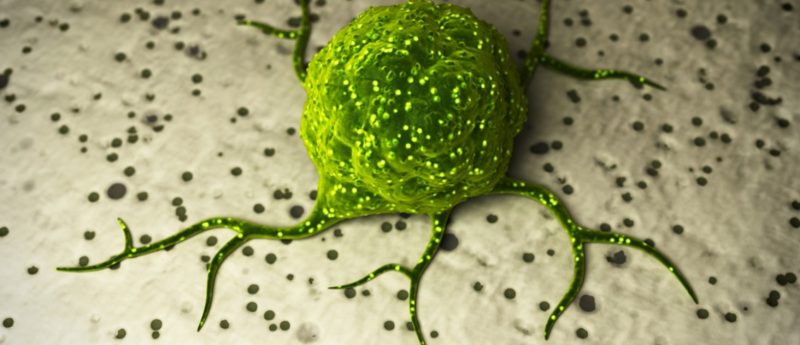Chimeric Antigen Receptor (CAR) T-Cell Therapies Continue to Gain Momentum

Learn from an expert who has held a front-row seat at CAR T-cell therapy’s evolution over the last 20 years, and consider the challenges in planning and delivering tomorrow’s treatments on a larger scale.
Pharmaceutical companies and research organizations are investing hard dollars into the promise of cellular therapies, and all signs point to the need to move quickly from the lab to the patient using commercialized manufacturing solutions.
Making the shift from manual processes to automation will be key for manufacturers to answer the challenge of scale-out. Whether the reason is logistical or financial, there is simply no efficient way to scale out while maintaining a manual process.
As the industry grapples with the challenges of scaling its newfound protocols and bridging the gap between the research lab and the marketplace, there are plenty of methods and devices to consider. Yet no one has settled on best practices. While some may lean toward the idea of mixing and matching various devices from a variety of manufacturers in an effort to customize their own solutions, others see value in the holistic approach of an end-to-end solution. This holistic approach utilizes a family of devices from the same manufacturer that are designed to work best together, even sharing data, interconnectivity and workforce management capabilities in some cases. Also key to the goal is maintaining a sterile closed system that can maintain a consistent and safe product.
The rate of change within the industry is something worth considering as manufacturing solutions are being sought after. Those solutions that can offer the greatest flexibility, automation, efficiency and productivity stand the best chance at serving this constantly evolving field.
Read observations from Terumo BCT scientist Tim Taga as he looks ahead to the next phase in the evolution of cell therapy.